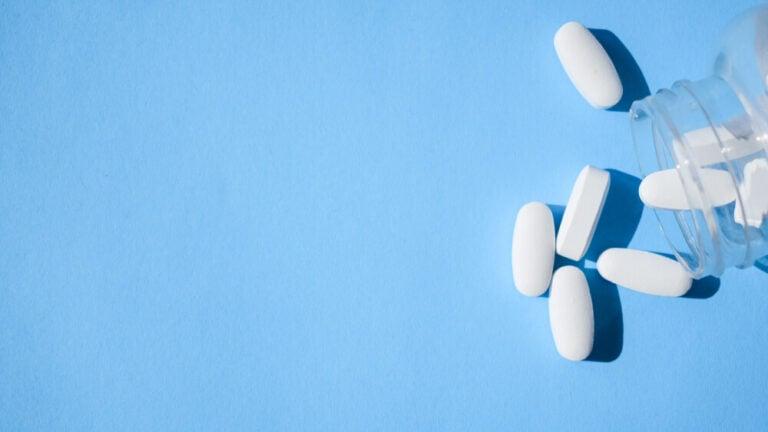Learn More About Opioid Misuse

Opioids are a class of drugs sometimes referred to as narcotics or opiates.1 As medications, opioids have been widely used for their painkilling properties, though at certain doses, their use may also elicit a euphoric, rewarding high.2 Opioids have historically been prescribed to treat pain and medical conditions such as cough or diarrhea.


Opioids are highly addictive drugs.3, 5, 16 While specific causes of opioid addiction aren’t clearly understood, there are some risk factors that can make you more likely to develop an issue with opioid addiction or abuse.
Many people recover from opioid addiction with the help of professional rehabilitation.10 Learn more below about what treatment for opioid use disorder (OUD) can look like for you or your loved one.

American Addiction Centers provides comprehensive rehabilitation services for those seeking recovery from addiction and substance abuse, including opioid addiction and abuse.
For those who have insurance, using health insurance to pay for rehab should cover at least some of the cost of addiction treatment. Coverage may vary depending on your needs and insurance plan. To find out if your policy covers rehab, click here, or fill out the form below. Your information is kept 100% confidential. You can also click here to find a rehab near me.
For more information about opioid misuse and addiction treatment, you may want to reach out to your doctor. Or you can contact one of our admissions navigators at for the information and support you are looking for as you look for heroin addiction treatment.
You can also look at the facilities listed below to see if they provide the opioid treatment program you are looking for: